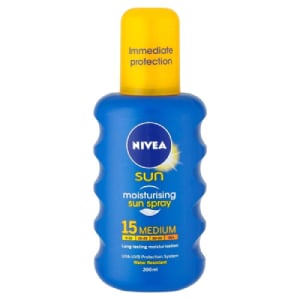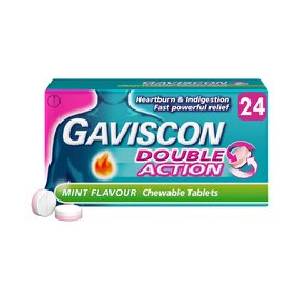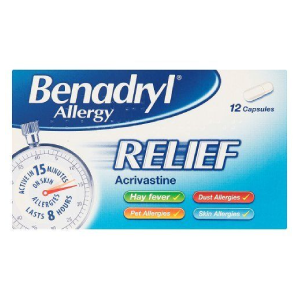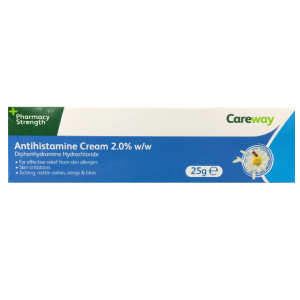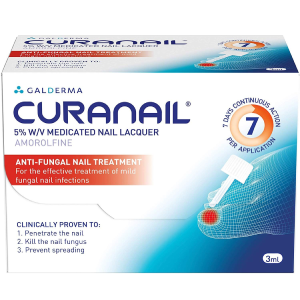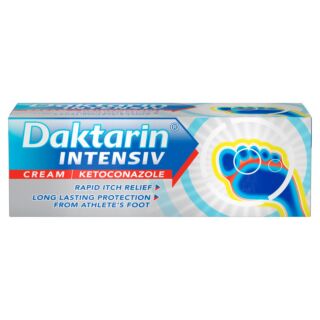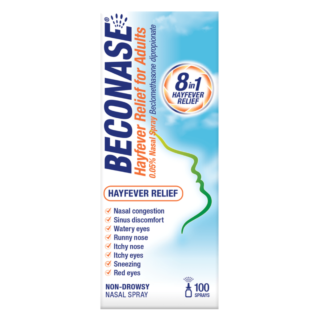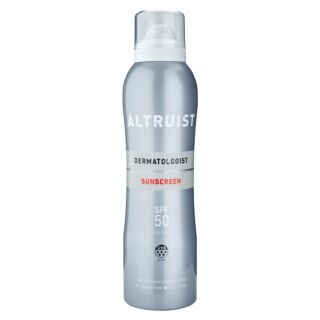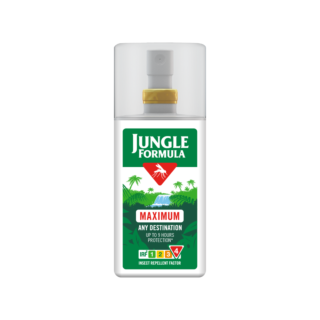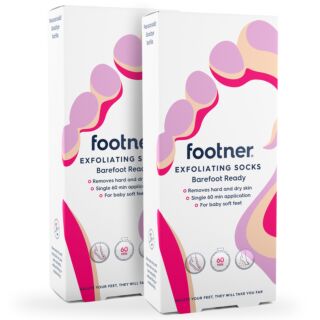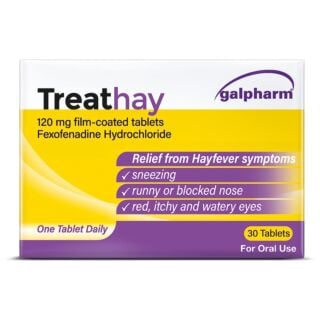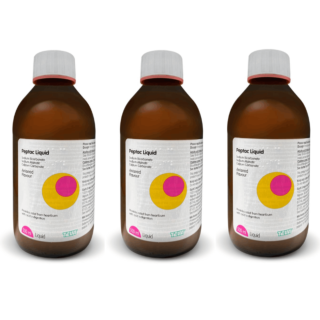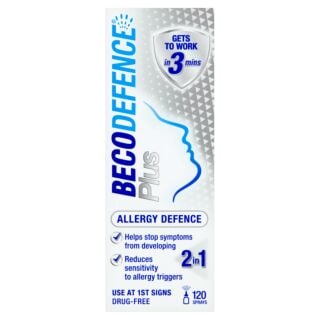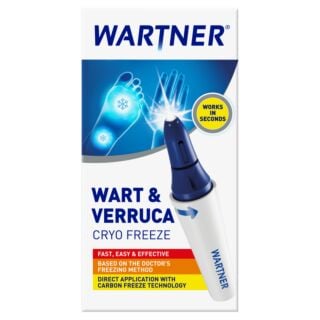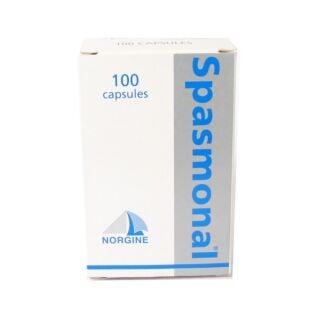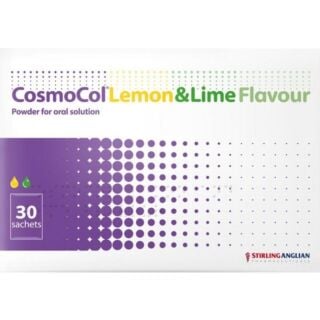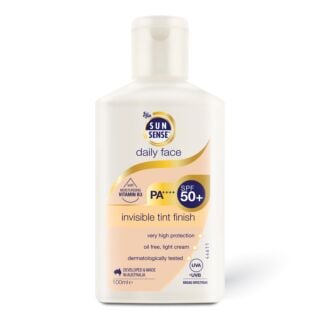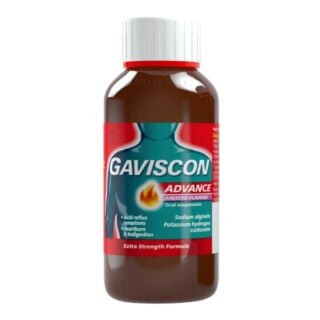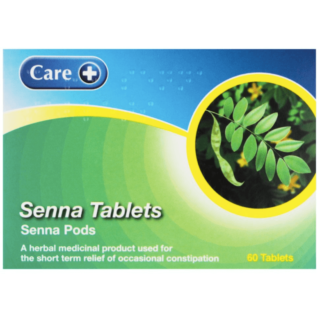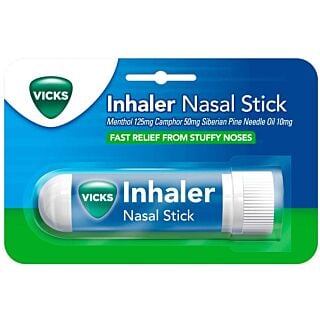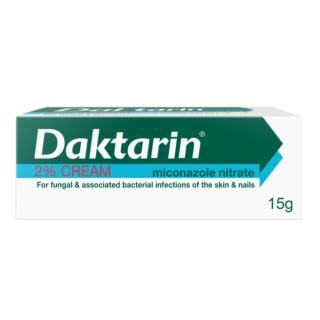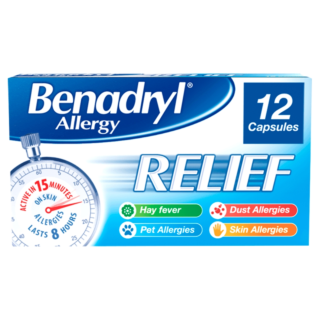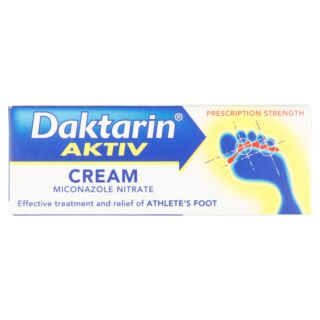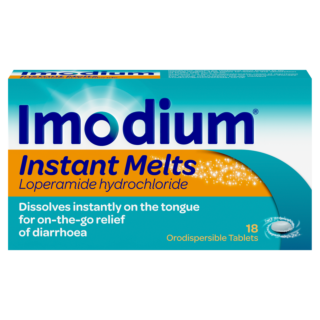Summer Health
Step into summer safely with our range of summer essentials. … Read More See less
From sunscreen and after-sun lotions to digestion and hay fever treatments, we’ve got you covered whether you’re staying at home or travelling abroad.
Don’t let those pesky insects get you down, either! We have a range of insect repellents and bite and sting remedies, along with foot care products to keep your feet blister-free for those sunny summer adventures!
-
Beconase Hayfever Relief Nasal Spray – 100 Sprays
(103)Up to 50% off Beco Range
 Now£4.99RRP £7.99
Now£4.99RRP £7.99 -
Becodefence Allergy Defence Plus Nasal Spray - 20ml
(8)Up to 50% off Beco Range
 Now£5.99RRP £11.99
Now£5.99RRP £11.99
Related Guides

Free delivery when you spend over £30

100% discreet delivery for every item ordered

Fully regulated UK pharmacy
Which factor of sunscreen should I use?
The NHS recommends using a sunscreen that has at least an SPF of 30 to protect your skin against UVB rays.
Also, make sure your sunscreen or daytime moisturiser has at least a 4-star UVA protection rating.
This applies whether you have a darker skin tone or skin that tans easily - you can still get skin damage if you don’t apply sunscreen.
Can I use Jungle Formula with sunscreen?
You can use some Jungle Formula products with sunscreen, but not all of them, so we’d recommend checking out the information that’s available with individual products to find out whether the one you want can be used with sunscreen.
If you find that you can use a sunscreen with your Jungle Formula product, the manufacturer recommends that your apply your sunscreen first, wait for it to dry, and then apply the insect repellent.
This will help to keep the sunscreen from making your insect repellent less effective.
How do you treat an insect bite or sting?
Start by removing the sting if it’s still in the skin, then wash the area with soap and water.
Apply a cold compress or an ice pack to any swelling for at least 10 minutes and, if possible, raise the affected area to reduce swelling.
Avoid scratching the area or bursting any blisters to reduce the risk of infection and apply an insect bite cream to relieve itching.
What happens when you get an insect bite?
When you have an insect bite or sting they are usually harmless and will heal in a couple of hours up to a couple of days.
Normally, insect bites and stings are nothing more than an inconvenience, but in places where there is a risk of insect-borne disease, bites and stings could transfer dangerous diseases such as malaria and zika virus.
When should you worry about an insect bite?
Most insect bites and stings won’t be serious, but if you’re experiencing lots of swelling and blistering, or if you notice pus, you should seek medical advice.
Phone 999 if you have any of the following symptoms following a bite or sting:
- - Wheezing or difficulty breathing
- - Nausea, vomiting or diarrhoea
- - A fast heart rate
- - Dizziness or feeling faint
- - Difficulty swallowing
- - Confusion, anxiety or agitation
How can I prevent blisters?
There’s nothing worse than wearing a fancy new pair of shoes only to end up with painful blisters on your heels.
Blisters are caused by friction, so if you think your shoes could make you more prone to blisters, try using a blister plaster to prevent any rubbing.
You could also try wearing two pairs of thin socks to prevent blisters whilst you’re exercising.
What is the best way to care for your feet?
You wouldn’t go a week without showering, so we shouldn’t go a week without checking the health of our feet - they work hard carrying us around all day, after all!
Make sure that there aren’t any sores, cuts, swelling or infections, like athlete’s foot or a fungal nail.
Clean them thoroughly when you shower or bathe, but be careful not to dry them out.
Afterwards, lather them in moisturising lotion and trim your toenails if needed, as it can be painful if they get too long and become ingrown.
Finally, always pick comfortable, supportive shoes if you’re on your feet all day.
How long does sun cream last?
Sunscreen usually lasts for at least 3 years before it goes bad, and after this time, it becomes less effective at blocking UV rays, increasing your chances of getting sunburn or skin cancer.
However, if your bottle is less than 3 years old but it’s been left in a hot car for a couple of months, it probably won’t be very effective, either.
Why is sun cream important?
Sun cream isn’t just important on warm, sunny days, but on cloudy and rainy days, too.
Without wearing a layer of sun cream, your skin is at risk of being exposed to harmful UV rays which can lead to skin damage, wrinkles, sunburn, and sometimes skin cancer.
It’s important to wear an SPF of at least 30 to ensure you’re protected.

